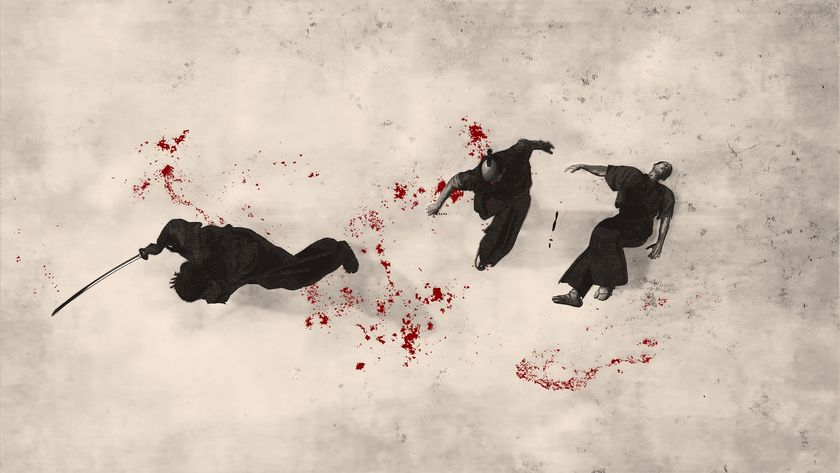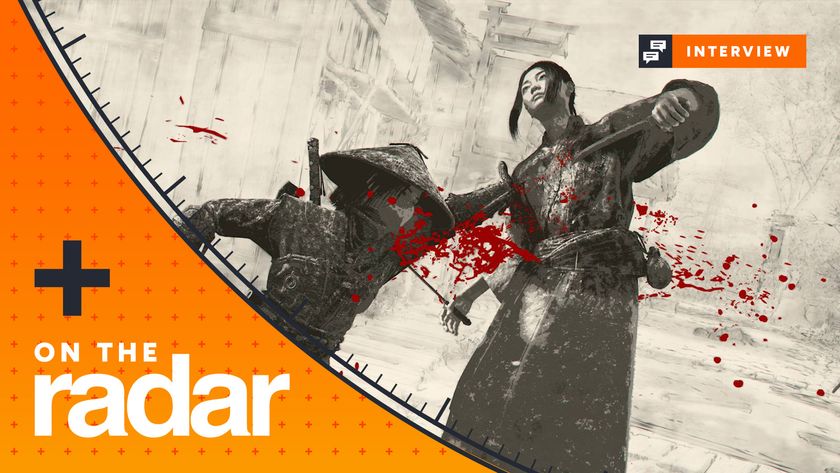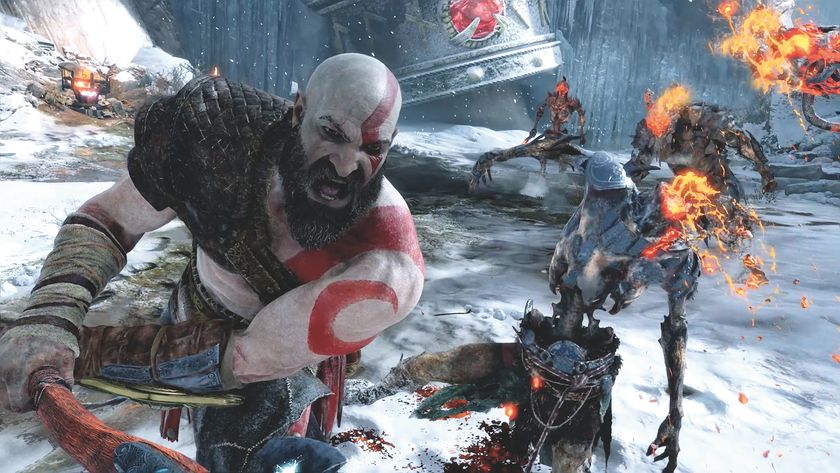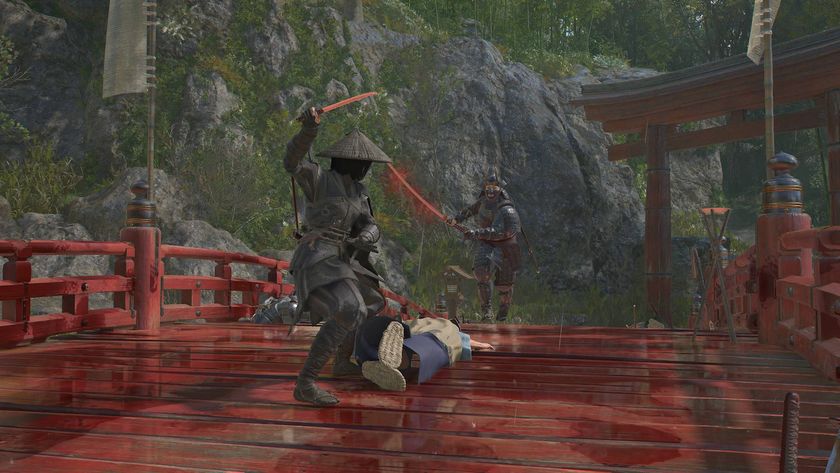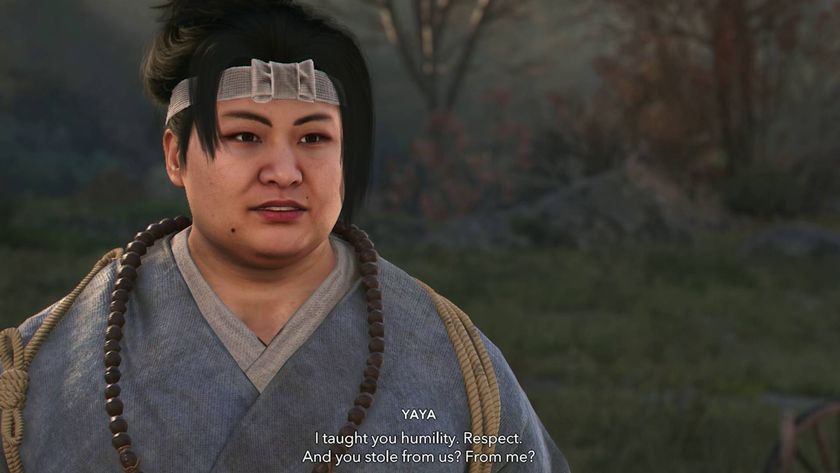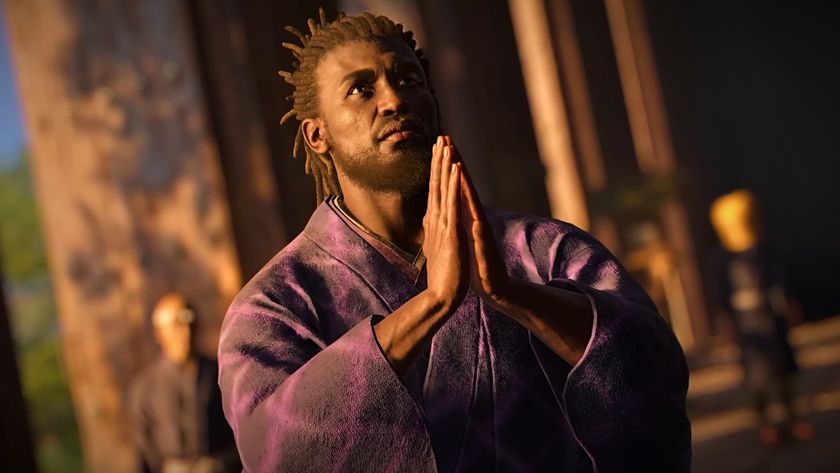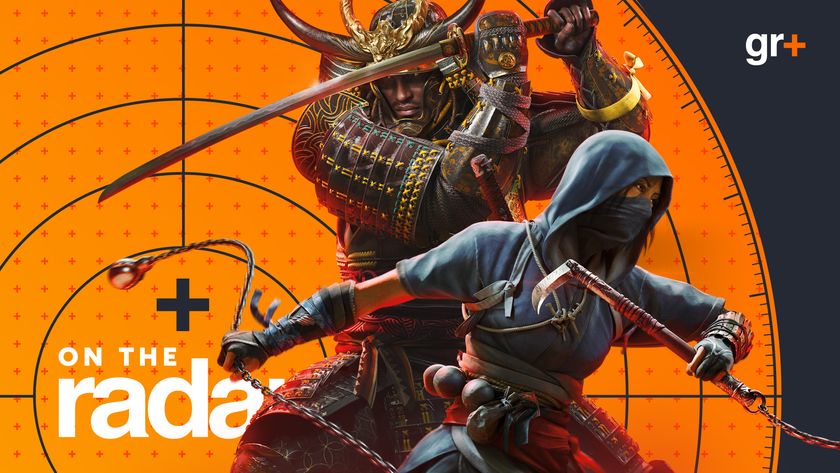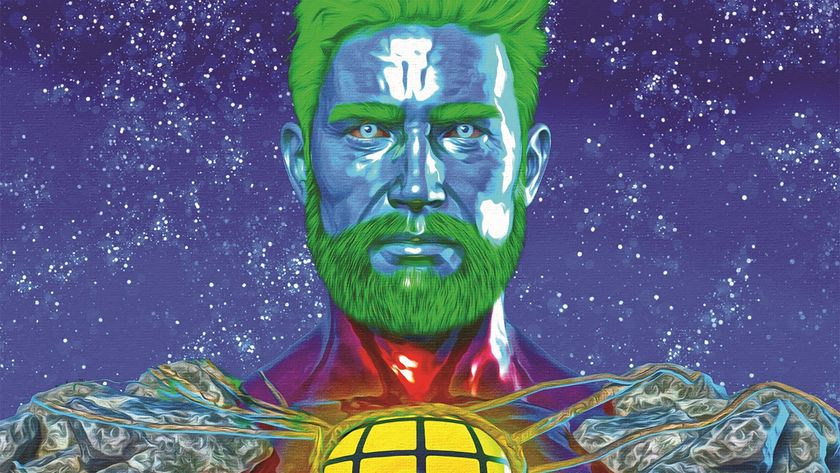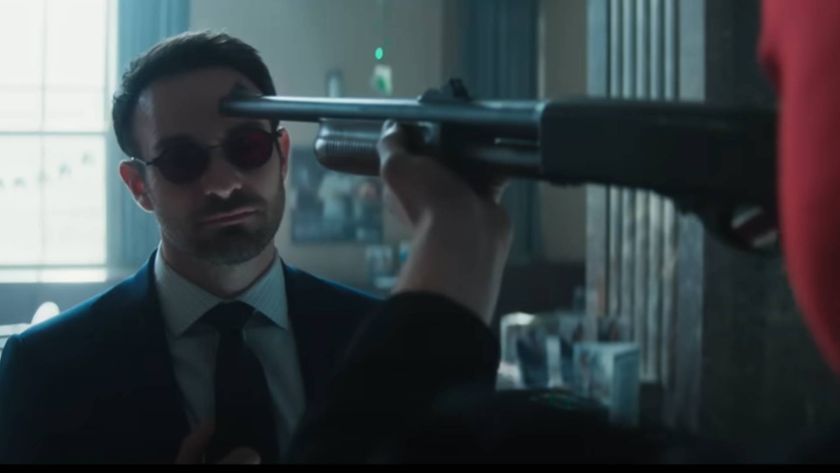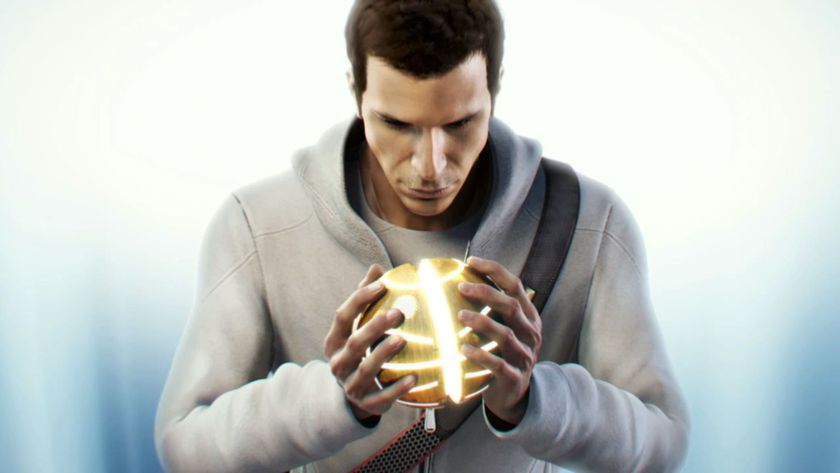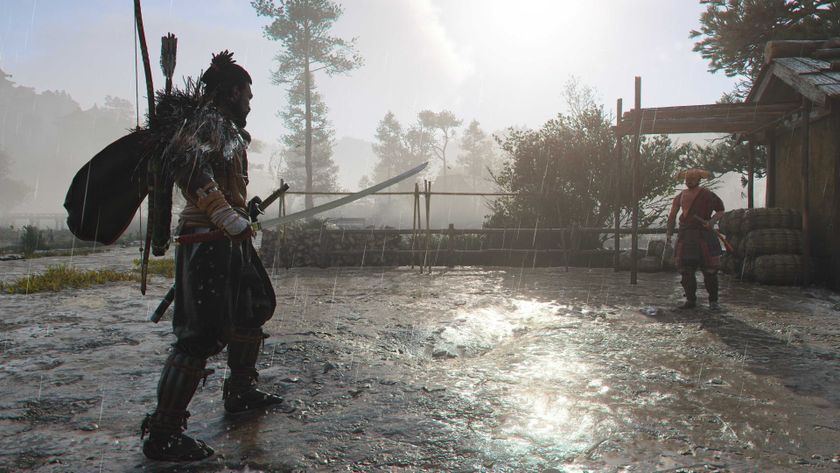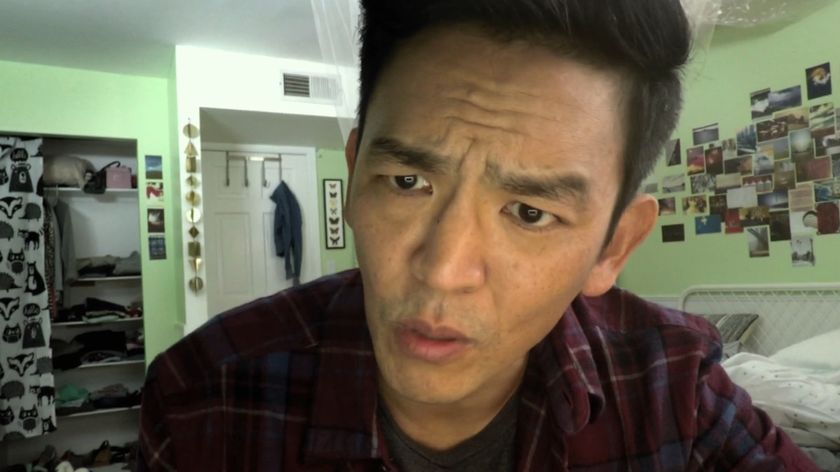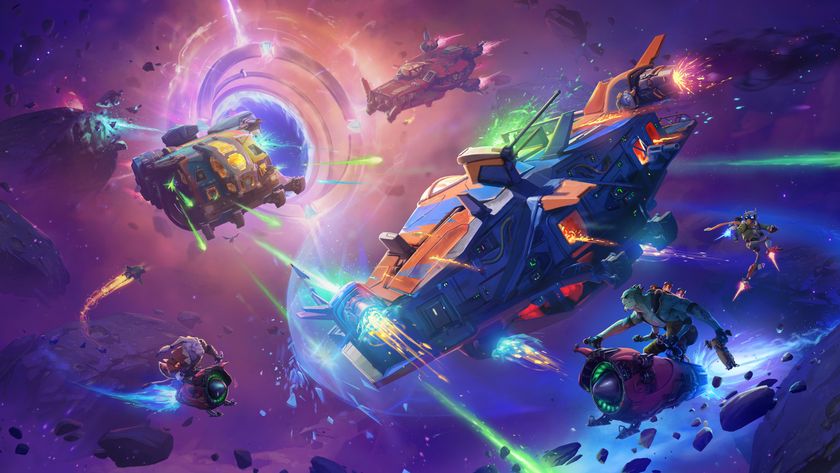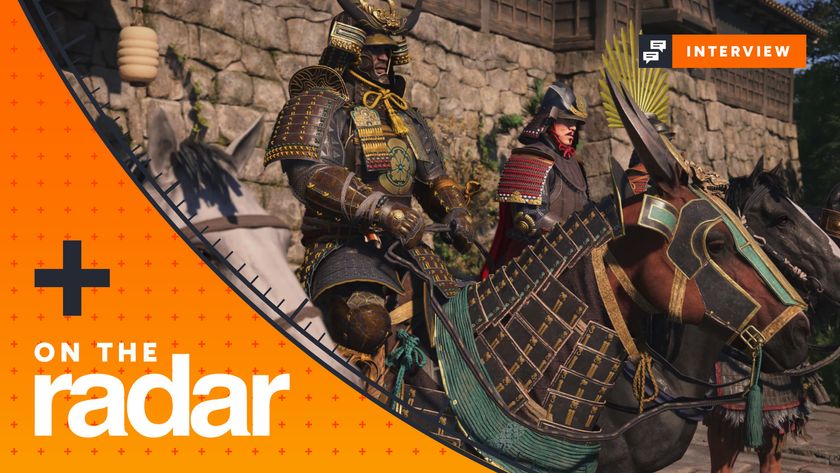Giving voice to the gods
An EXCLUSIVE look at the casting and creation of Too Human's mythic characters
We've now experienced the voicing of a videogame from the voice's perspective, but what's involved for the game's creators? Ken McCulloch, Director of Content at Silicon Knights, gives us a peek at the development process before, during and after the actors log their time in the recording studio.
Casting
"When a script is written, most of the script’s contributors have some idea of how each character might sound. Writing is as much of a visualization process as it is narrative. While the script is coming together, we find ourselves asking questions about whom a character is and what they do. In the answering of these questions, we begin to flesh out what sort of actor we might need.
“Once a script is handed over to our Voice Director, Kris Zimmerman, the casting truly begins. From our character list, Kris selects actors for specific roles based on the criteria we have provided: age, role, gender and words to describe the character (joker, authoritative, coward, anxious, bipolar, etc.) Lead and key roles require specific attention, as we are often trying to capture subtle performances, so we choose a range of lines from the most compelling or demanding scenes and use those for our actor. After much deliberation and handwringing, we make the hard final choice between our top three to five candidates."
Preparing
"Recording is a heavily scheduled, but rather informal process. We like to plan our sessions well in advance - which actor is coming in when, what roles they are reading and, most importantly on a project with our depth, what scripts they have material in. While this allows us to be organized and help things run smoothly in the studio, it also allows us to focus on the things that are important within an actor’s performance."
Directing / Recording
Sign up to the GamesRadar+ Newsletter
Weekly digests, tales from the communities you love, and more
"Kris Zimmerman (Voice Director) gives most of the direction, but as talented as she is, she will never be as fluent in the content as we are and so directing the talent becomes a symbiosis between writers, director and the actor. A good director can figure out the content and deliver a few sentences to encapsulate the feeling behind a line. From there, it’s up to the actor, who will narrow their performance over a few takes, allowing for director input.
“Then, we have to figure out how appropriate the performance is to the situation the line is being delivered in. This is always hard for us, since we have to predict what sort of things are going on within that time frame and with non-linear, interactive entertainment, that is often hard to determine.
“With cinematic cutscenes we know all the details of what’s going on, i.e. they take place in a specific environment, with specific actions and people listening, etc., but with interactive or gameplay sequences these things cannot be taken for granted. Is fighting involved and the characters raising their voices and projecting over a distance? Are they winning or losing, so they should be elated, or panicked? These things can obviously influence performance greatly. Even if the actor’s performance is excellent, mismatching the sound sample context with the gameplay is horrendously obvious."
Jul 10, 2008
